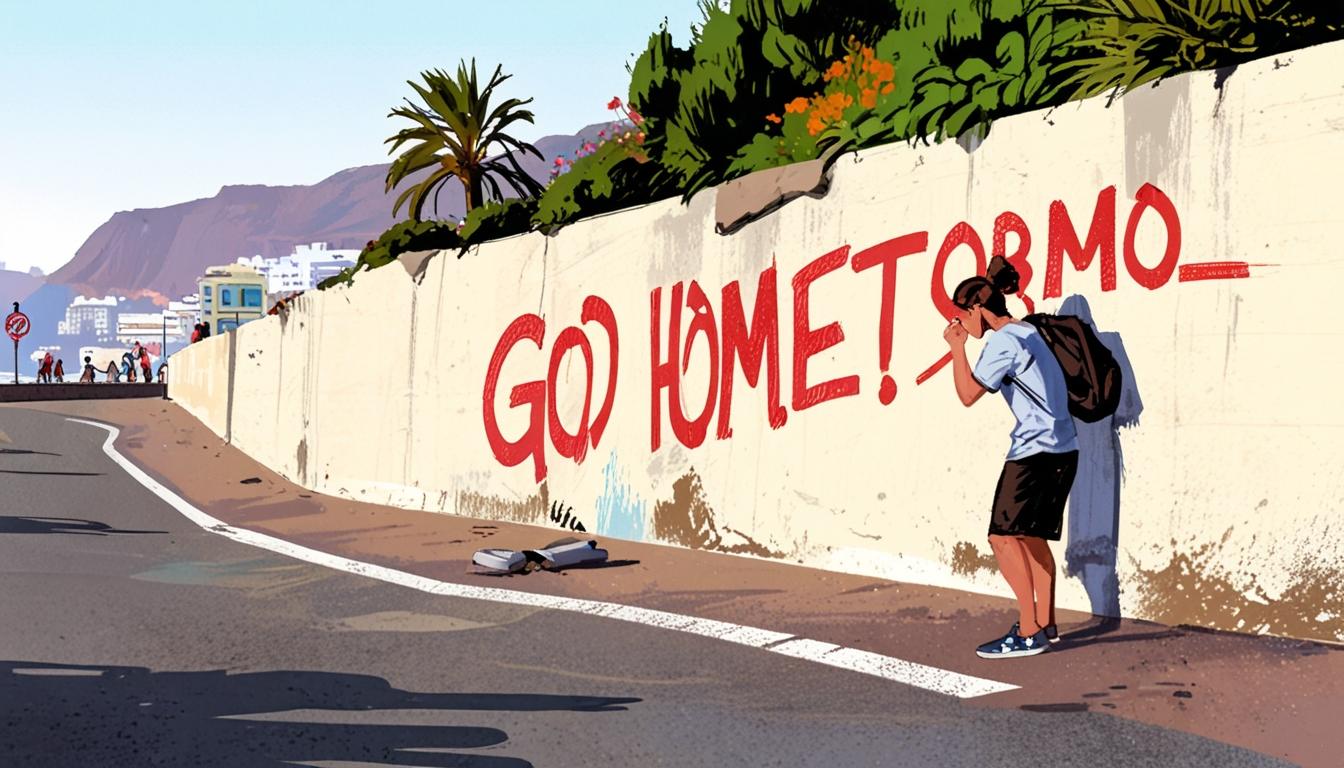Each year, millions of British tourists travel to Spain, attracted by its beaches, culture, and climate. The influx of visitors contributes significantly to the Spanish economy, particularly in popular regions such as the Canary Islands. However, not all locals warmly welcome the British visitors, especially when their behaviour is considered disruptive or rowdy.
A colloquial term frequently used by Spanish people to describe certain tourists is “guiri” (pronounced “guee-ree”). This word is commonly directed toward holidaymakers who are perceived as loud, overly intoxicated, or culturally unaware. Its exact origin is debated: some trace it to the Basque word “giri,” meaning “blonde” or “fair-skinned,” while others attribute it to a Hindi term employed by the Indian diaspora to denote white people. In contemporary Spain, the term usually refers to white individuals with paler complexions than the average Spaniard.
Journalist Leah Pattem, who spends a substantial amount of time in Spain, has explained that “guiri” carries a somewhat pejorative connotation. Speaking to the Daily Mirror, she described the stereotype as a person who is naive or ignorant, unable or unwilling to integrate into local culture. “They will dress wrong, be sunburnt and generally look hot and bothered,” Pattem said. “Most Spaniards will argue that the word guiri is not offensive, but it undeniably makes sweeping assumptions about a person based on either their appearance, their nationality, or their behaviour.”
The resentment over tourism has reached a boiling point in certain parts of Spain, notably the Canary Islands. Last year, residents of Tenerife, Lanzarote, Gran Canaria, Fuerteventura, and La Palma staged mass protests against the adverse impacts of tourism, including overcrowding and strain on local resources. More recently, in Palm-Mar, Tenerife, locals expressed their frustrations by painting graffiti messages on walls that urged tourists to “go home,” asserting that the influx of visitors contributes to the locals’ hardship.
Despite these tensions, protest organisers have clarified that their grievances are primarily against the insufficient regulatory framework governing tourism rather than the visitors themselves. They argue that better measures are needed to manage the overwhelming number of tourists that visit every year.
Local residents have demanded the introduction of stricter regulations and the implementation of a tourism tax to alleviate the pressures placed on their communities. As tourism numbers continue to rise, concerns about the sector’s sustainability and its effects on local quality of life have intensified.
Fernando Clavijo, President of the Canary Islands, has appealed for calm and common sense amid the protests. Speaking earlier this month, Clavijo emphasised the critical economic role tourism plays in the archipelago, describing it as a “main source of employment and wealth.” He acknowledged the substantial financial contribution made by British visitors during the spring and summer seasons and urged protesters to exercise restraint.
Source: Noah Wire Services
